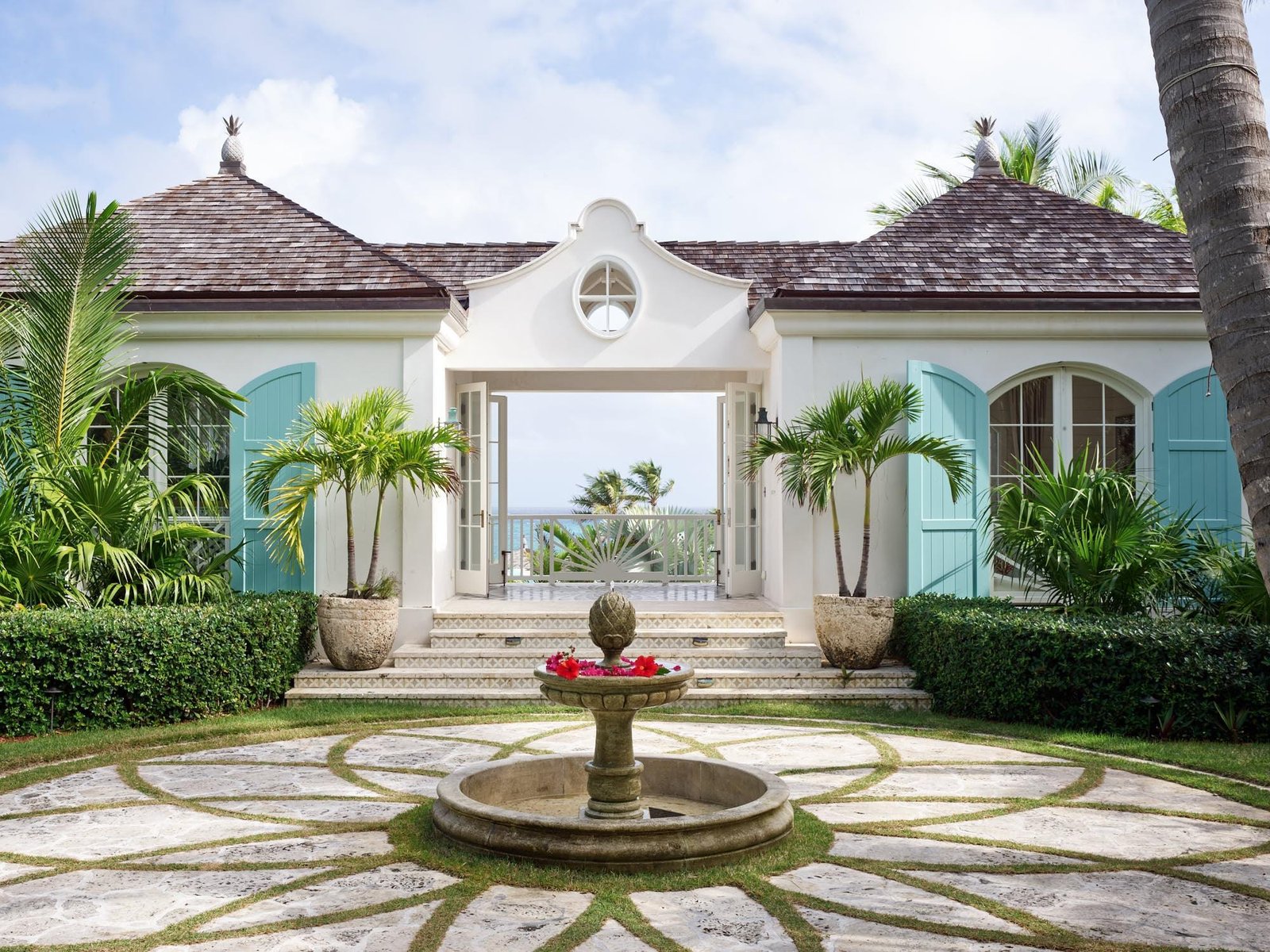
Discover how Anguilla is leading the way in sustainable luxury. Learn how the island’s eco-conscious development and rich history create a strategic market for high-yield real estate investments.
Anguilla, long celebrated for its beauty and serene exclusivity, is now carving out a distinctive niche in the ultra-luxury market: sustainable luxury development. For a readership accustomed to data-driven insights, Anguilla presents a compelling case study of how environmental stewardship and high-yield investment can converge. The island’s strategic pivot towards eco-conscious development is not merely a nod to global trends but a calculated move to enhance long-term property values, attract a new generation of sophisticated travelers and investors, and ensure robust returns in a competitive market.
Anguilla’s commitment to sustainable luxury is translating directly into tangible benefits for property owners and investors. This isn’t just about preserving natural beauty; it’s about future-proofing investments and appealing to a demographic that values both luxury and legacy.
Enhanced Property Value through Green Certifications: Properties integrating renewable energy, water conservation systems, and sustainable building materials are increasingly commanding premium valuations. A recent study by the U.S. Green Building Council found that green-certified buildings can see a 7% increase in asset value compared to conventional buildings. In Anguilla, this translates to luxury villas equipped with solar panels and advanced wastewater treatment systems not only reducing operational costs but also appealing to a discerning market willing to pay for eco-conscious living.
Strong Occupancy and Rental Yields from the Eco-Conscious Elite: The discreet, high-net-worth traveler demographic is increasingly seeking destinations that align with their values. Anguilla’s focus on low-impact tourism and pristine environments attracts this segment, leading to consistent demand and high occupancy rates (often exceeding 70% in peak season for premium properties). This directly translates to competitive rental yields, particularly for villas that can showcase their sustainable credentials.
Regulatory Stability and Environmental Frameworks: As a British Overseas Territory, Anguilla benefits from a robust legal framework and political stability—critical factors for any investment. Its proactive environmental legislation, including the Marine Parks Act (1990) and the ongoing “Blue Economy” initiative, safeguards the natural assets that underpin its tourism industry. This long-term commitment to environmental protection minimizes regulatory risks and ensures the sustained appeal of the destination.
Strategic Market Positioning: Unlike some over-developed Caribbean islands, Anguilla has meticulously managed its growth, preventing saturation. By integrating sustainable practices, it further differentiates itself as a destination for exclusive, mindful luxury, reinforcing its position in the upper echelons of the global travel market and protecting property values from oversupply.
Anguilla’s present-day commitment to sustainability is deeply rooted in its unique history of self-reliance and intimate connection to its environment. Early Amerindian inhabitants, like the Arawaks, lived in harmony with the land, as evidenced by archaeological sites such as Fountain Cavern, which served as a significant ceremonial space.
When English settlers arrived in 1650, the island’s relatively poor soil prevented the large-scale, environmentally destructive plantation model that dominated many other Caribbean islands. This historical distinction meant less deforestation and a more preserved natural landscape. More importantly, it fostered a community-driven land stewardship, as islanders relied directly on fishing and small-scale agriculture for survival. This direct dependence on the local ecosystem instilled an intrinsic value for its preservation.
The Anguillan Revolution of 1967, a non-violent assertion of independence, further cemented the islanders’ fierce autonomy and their desire to control their own destiny, including their environmental future. This self-determination translated into early and decisive actions in conservation, such as the establishment of marine parks and the Anguilla National Trust. This historical narrative illustrates a consistent, community-backed ethos of preservation that underpins Anguilla’s current sustainable development strategy, making it a reliable and forward-thinking locale for luxury investment.
Experience Anguilla with BE Luxury Collection: Unlock the potential of Anguilla’s sustainable luxury market. Partner with BE Luxury Collection to explore our meticulously curated portfolio of properties that offer both an exclusive Caribbean lifestyle and robust, future-proof investment opportunities.